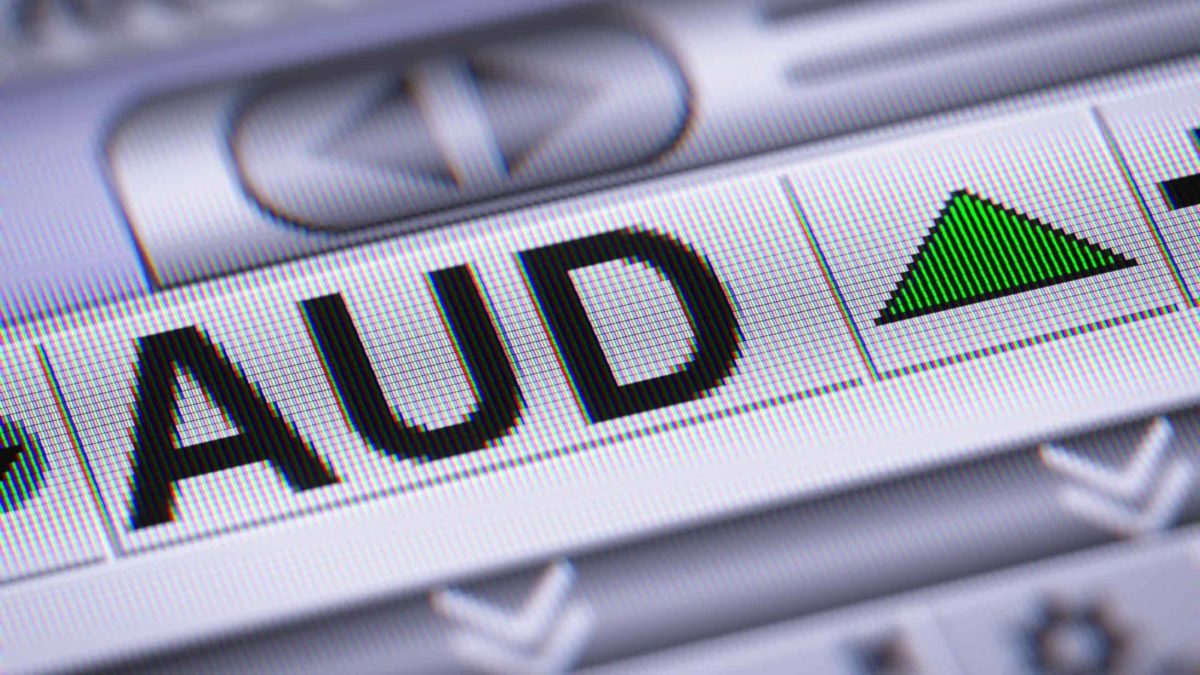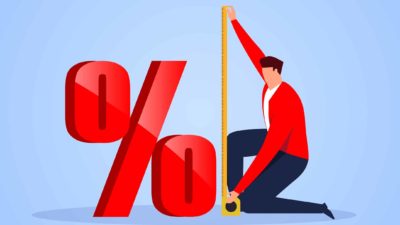It's no secret that the S&P/ASX 200 Index (ASX: XJO) has been having a rollicking good time of late. Even though the ASX 200 and ASX shares are down today, the index is still above the 7,000 points threshold that it broke for the first time since the pandemic last week.
Over the past month, the ASX 200 is now up about 4%. Not a bad performance. But another emblem of our collective national success has also been performing rather well. That would be our national currency – the Australian dollar.
It was less than 2 weeks ago that the Aussie dollar was flirting with 76 US cents. Today, it's broken above 78 US cents, its highest level since mid-March. A move of 2 US cents might not sound too dramatic. But that's a move of more than 2.5%, enough to change the playing field somewhat, as it were.
So what does a higher Aussie dollar mean for ASX shares?
Yes, the Aussie dollar can hit ASX shares
A higher Aussie dollar means that it is now cheaper to swap Australian dollars for US dollars (and some other currencies too). That, in turn, means that importing goods and services into the country is now cheaper than it was 2 weeks ago. Whereas exporting goods and services out of the country is conversely more expensive.
So how does that affect ASX shares? Well, any company that makes its proverbial living by importing goods will stand to benefit the most. Think Ampol Ltd (ASX: ALD), the petrol refiner and retailer. Petroleum is now relatively cheaper for Ampol to bring in. Or Harvey Norman Holdings Limited (ASX: HVN) and JB Hi-Fi Limited (ASX: JBH). These companies sell electronics and appliances such as iPhones, TVs, fridges and computers. All of these goods are generally made overseas, and they just got cheaper to bring into Australia. That's a benefit these companies can use to reduce their pricing at no cost to the business, or else bank the margin.
But for every winner, there is a loser. Companies that export out of Australia are at a disadvantage from this currency move in the Aussie dollar. Miners like BHP Group Ltd (ASX: BHP), Rio Tinto Limited (ASX: RIO) and Fortescue Metals Group Limited (ASX: FMG) now will find it more expensive to sell their iron ore in US dollars. And any company that reports in US dollars will also face a disadvantage. Prominent examples include CSL Limited (ASX: CSL) and Altium Limited (ASX: ALU). So if you've been wondering why these companies have been facing some share price headwinds of late, this could be your answer.









